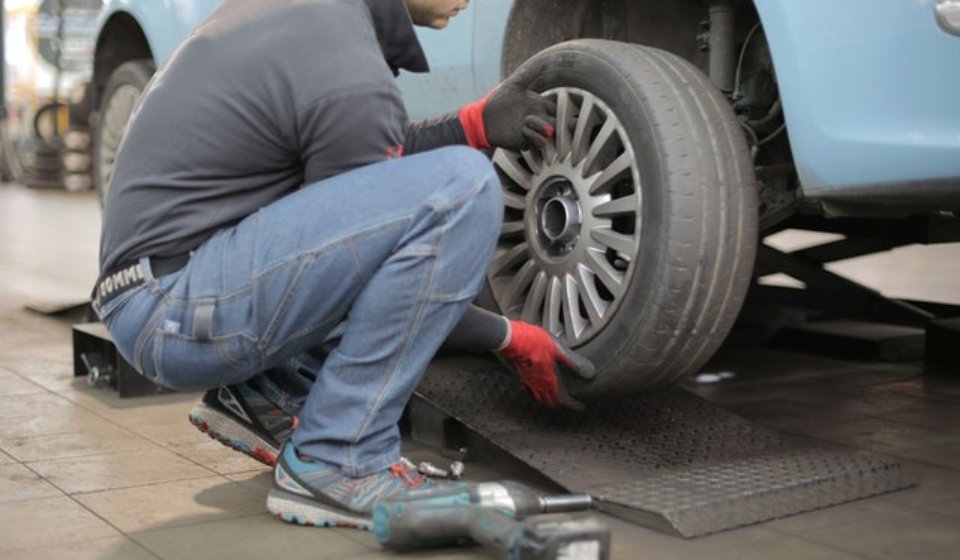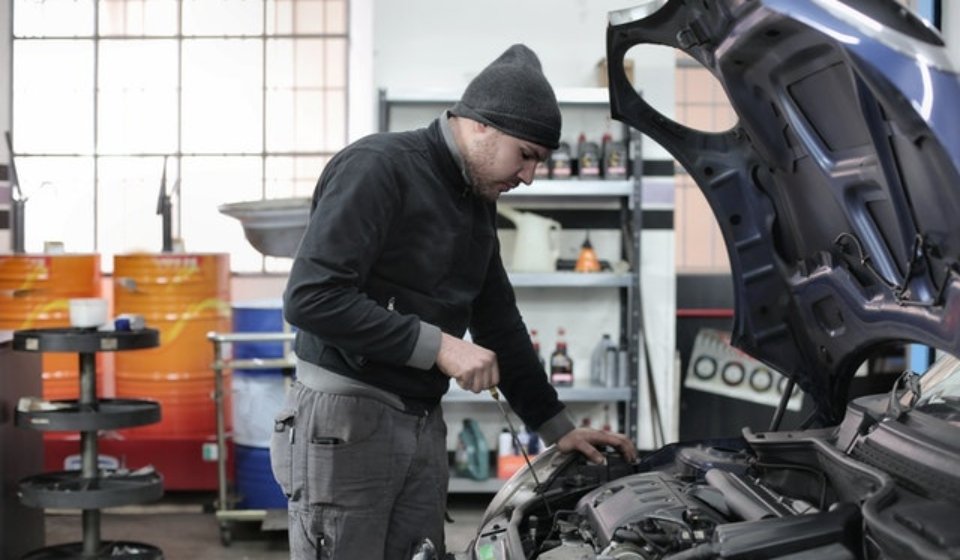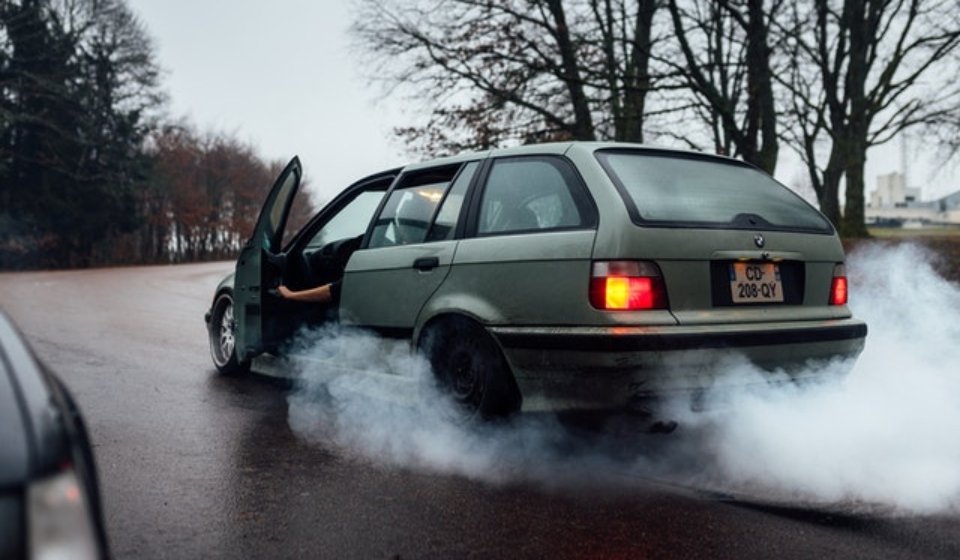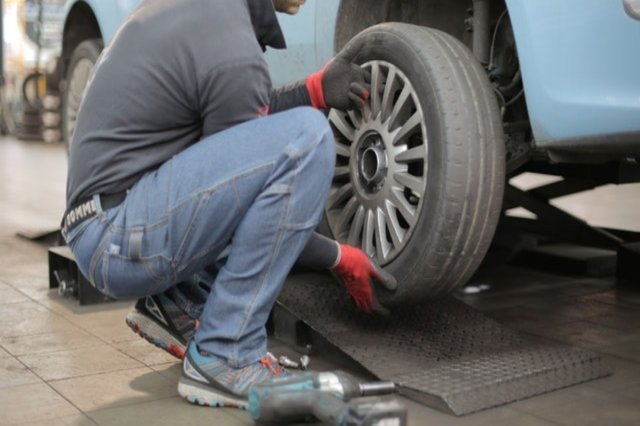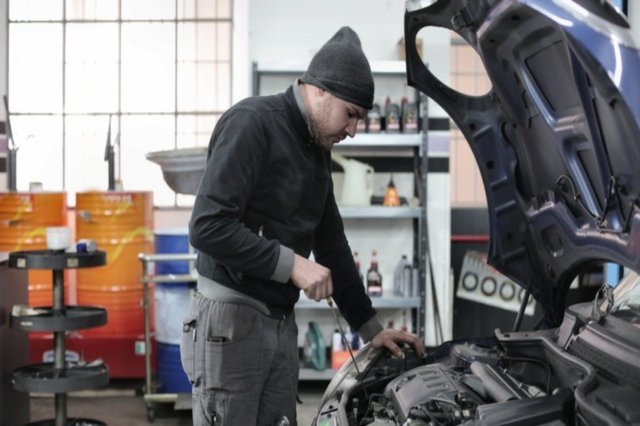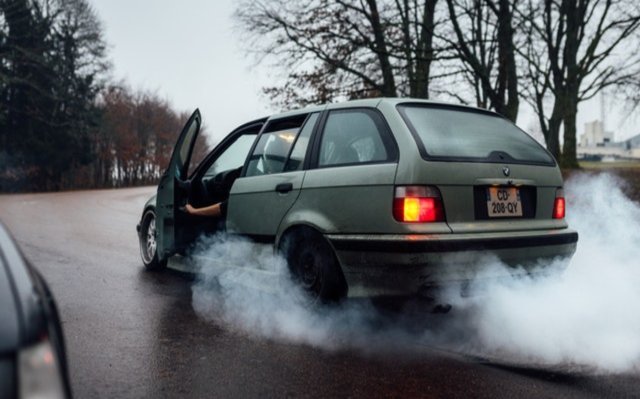Zimbabwe’s climate and the modern Toyota models don’t require extra maintenance to turn on in the coldest months. Sometimes you can even start your car with a remote from the warmth of your kitchen. There are still a few things that you can do to make sure that your automobile is in top shape this winter.
Many of these tips you can handle on your own, but a few may want you to leave them to one of your trained mechanics.
- Check your battery.
Cold weather can affect your car’s battery. The reactions needed to generate power in a car battery slow down as temperatures drop. Your car requires more battery current to start when it’s cold, which means that you need to make sure that your battery is in top shape.
- Change your wiper blades and refill your wiper fluid (antifreeze type).
Driving in the cold is bad especially when it’s foggy. Dirt and salt from the road and other vehicles are constantly splashing on your windshield and keeping it clean become a top priority. Working windshield wipers and supply of wiper fluid can mean the difference between clear visibility and a potential accident. Wiper blades are only good for one year, so making a habit of changing them each fall is good practice. If yours look frayed or worn, it is definitely time for a change.
- Check your tire pressure.
If you decide not to replace your tires, then you should regularly check your tire pressure to ensure that they are properly inflated. Since cold weather can cause air pressure to drop, your tires may not be as full as you thought. For every drop in temperature, the pressure in your tires could drop about one psi. Tires are made to meet the road fully when filled to the proper pressure; when the road is wet you’ll want the best possible traction.
- Create an emergency supply kit for your car.
You never know when an emergency may occur that can strand you roadside. Whether something breaks down, or someone slides into your vehicle, you want to be prepared. Pack an emergency supply kit that includes first aid materials, jumper cables, warm blankets, water, and food that has a long shelf life. With proper preparation, you can be prepared to wait out a tow truck even in cold weather.
- Change your oil.
Cold weather can reduce the effectiveness of your car’s oil, making it thicker and more difficult to circulate through your engine. If your engine doesn’t get the lubrication that thin oil provides, it may not start on those bitterly cold mornings. When the cold season hits, bring your car in, and we will check your oil’s viscosity (the thickness of your oil) to ensure that it meets with the proper level for your vehicle and climate.
- Check your belts and hoses.
Before the winter weather hits, check your belts and hoses for signs of wear and have them replaced. Cold temperatures can weaken them, which means a belt could snap or hose could loosen or pop-off while driving. A simple check could prevent you from sitting on the side of the road during the bitter cold.
Give us a call today and we’ll ensure your vehicle is well prepared for this winter!

